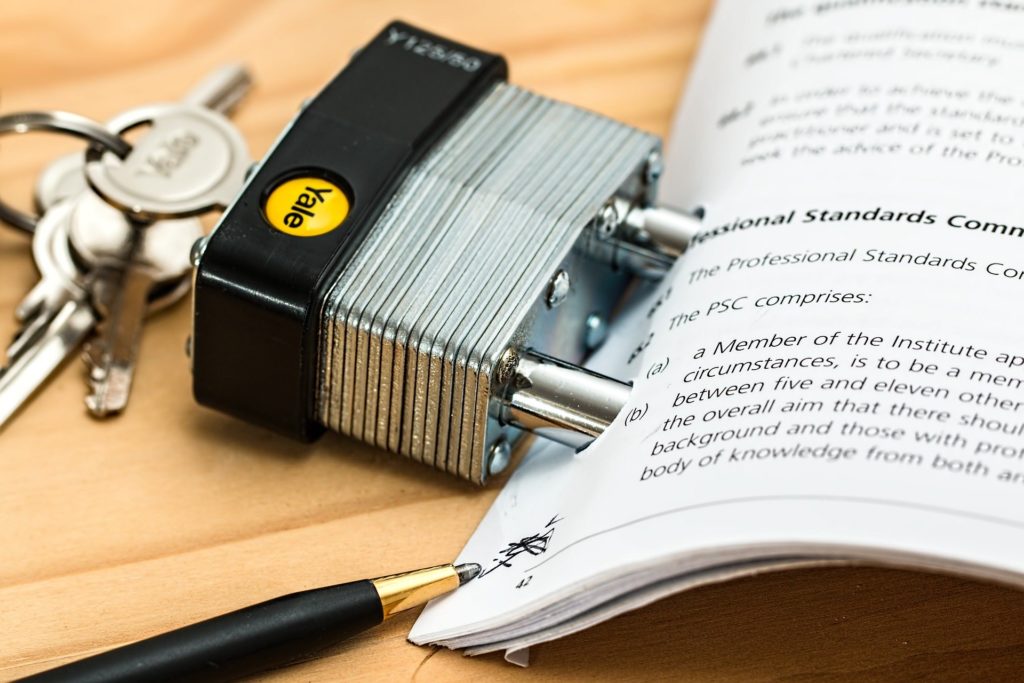A house can avoid probate if it’s automatically passed on to survivors via a living trust, joint ownership, community property law, or transfer-on-death deed. If it doesn’t fall into one of these exceptions, the general rule is that if someone dies and owns real estate, any property they own is headed for some kind of probate process—will or no will.

So what happens to a house in probate?
Probate and the house: Transferring property after someone dies
Probate is a court-supervised legal procedure where beneficiaries legally obtain the financial and physical assets promised to them in a will and clear the debts of an estate.
The probate process may be a lengthy emotional rollercoaster that lasts anywhere from three months to several years, depending on the complexity of the estate, family relations, and directions left by the decedent.
Probate law varies from state to state, though many follow the “Uniform Probate Code.” (Curious about your state’s probate policies? Consult this list of the probate laws in every state).
A will makes probate more straightforward and may even allow the process to be a swift formality. Even without a will, dealing with the house in probate could be as simple as the judge conveying the house to family members per the decedent’s wishes. Other times the personal representative of the estate (also known as the executor) will need to sell the house with probate oversight.
But when you think about probate, remember the whole point of it is to prevent fraud after someone dies. Jewelry, money, heirlooms—it’s all in the mix and not all families are quite like what you see on Full House.
So you can bet the court will keep a close eye on what’s usually an estate’s largest asset: the house.
There’s much more intense detail about probate but just remember that there is a solution for every situation and there is light at the end of the tunnel.
If you have any further questions please contact us and we can help you through the process.



